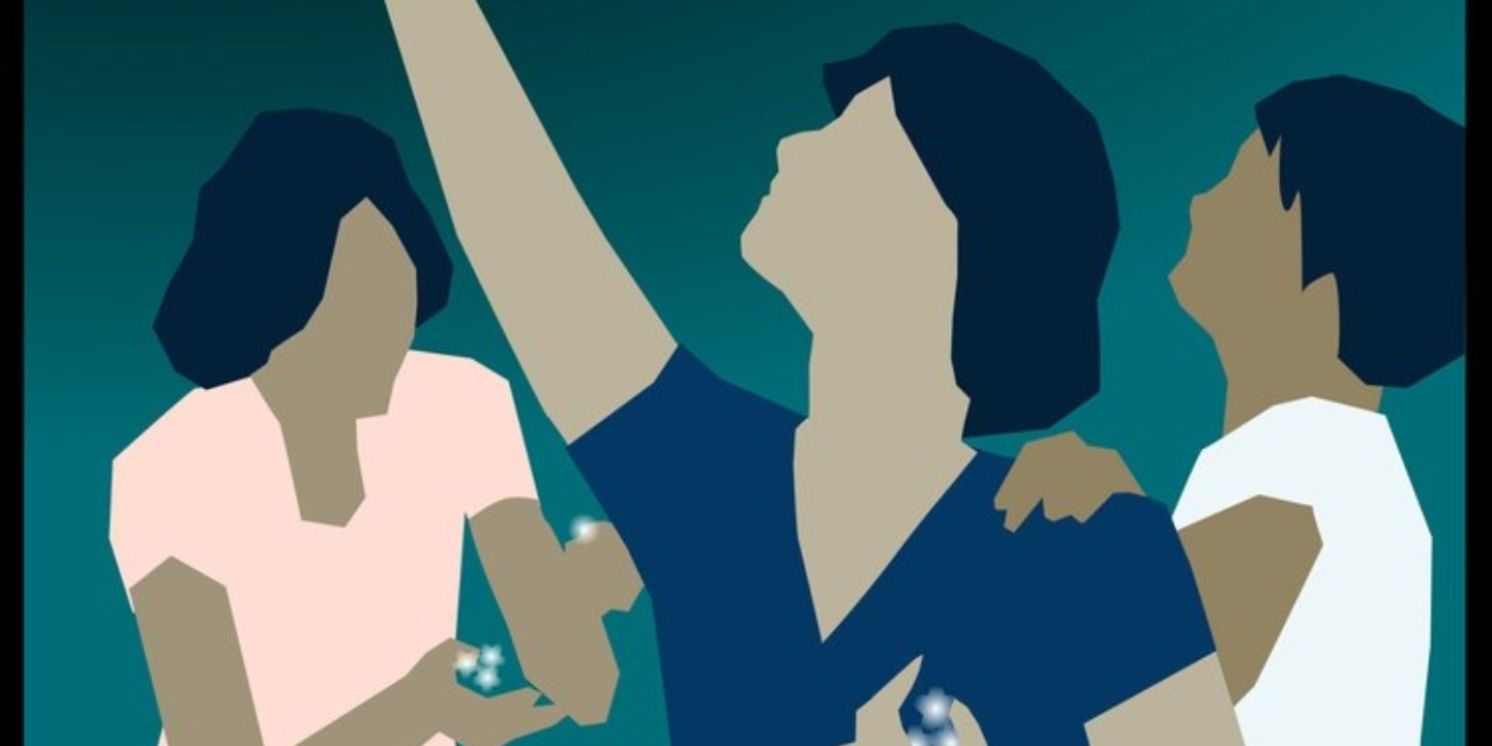Review: LOVEY LEE at Kumu Kahua Theatre
Now playing through September 22

All I want is a home somewhere
Far away from unwanted stares
Where mom won’t cut my hair
Ah, wouldn’t it be Lovey-Lee?
Moses Goods’ “superhero origin story” Lovey Lee finally comes back home to Kumu Kahua Theatre Four years after its digital premier over Zoom in 2020. Based on the true story of māhū icon Kealoha “Lovey Lee” Kelekolio, the show paints an intricate, beautiful, and often heartbreaking portrait of queer Hawaiian existence in the 1970s, straddling the very different worlds of Lovey’s one hānau and San Fransisco. As with much of homegrown hana keaka, the themes of “family” and “home” are wrapped up in the journey toward Lovey’s identity and ultimate truth, set against a backdrop of sex, drugs, disco, and the historic voyage of the Hōkūle’a.
At its heart, Lovey Lee (played beautifully by Sean-Joseph Takeo Kahāokalani Choo) is a tale of two mothers: Lovey’s biological Mama (the always-incredible Lelea’e “Buffy” Kahalepuna-Wong) and their hānai Mother Rolange (the imperious Reyn Afaga, a vision in magenta). Lovey is eternally torn between the two women and the kind of aloha they represent—both of which Lovey needs desperately to survive their life in the in-between. This dynamic is portrayed in one particularly powerful (and surprisingly cinematic) phone call among the three, cutting between Lovey’s conversations with both their maternal figures. Director Reiko Ho deftly accomplishes many such split-screen moments throughout the show, which perhaps hearken back to the play’s Zoom origins and development through literal phone calls (There is another devastatingly beautiful one-sided phone call in the show that left me breathless that cannot be described in words, only experienced in person).
Despite exploring the heavy themes of homophobia, violence against queer folx, sex work, assault, abandonment, and death, Lovey Lee still manages to find a bounty of joyful moments, especially as Lovey finds their chosen ‘ohana. Lovey’s hānai siblings, primarily comprised of Calvin/Mindy (Shane Chung), Ned (Alten Kiakona), Jermaine (Spencer House), and Alika (Kaipo Dudoit), brought so much queer joy to the stage, and it cannot be overstated how crucial it is to see this kind of unabashed happiness portrayed with such authenticity, care, and respect. Recognizing the time frame as the height of “don’t ask don’t tell” and homosexuality having only recently been medically declassified as a “mental illness” is vital to understanding what is truly at stake for Lovey and their family, the undercurrent of terror that is eerily and effectively portrayed with sinister red lighting by Brian Lee Sackett while a chorus of anti-māhū hatred echoes from the shadows around the theatre. Much like in Joshua “Baba” Kamoani‘ala Tavares’ Glitter in the Pa’akai, with Lovey Lee, we are forced to acknowledge the visceral fear experienced by queer kānaka of ever being fully known, of having to find a way forward while still honoring those who came before.
I sincerely hope that more queer Hawaiian stories are in our future, and I hope that Lovey Lee is disseminated across our pae ’āina, as I am certain there are plenty of queer kānaka who need to see themselves and their stories and their families represented on stage like this: Mothers who need to know that they “are a real mother.” Sisters who need to know how much they are cherished. And we all deserve to feel that kind of boundless joy and, ultimately, hope.
Reader Reviews

Videos

